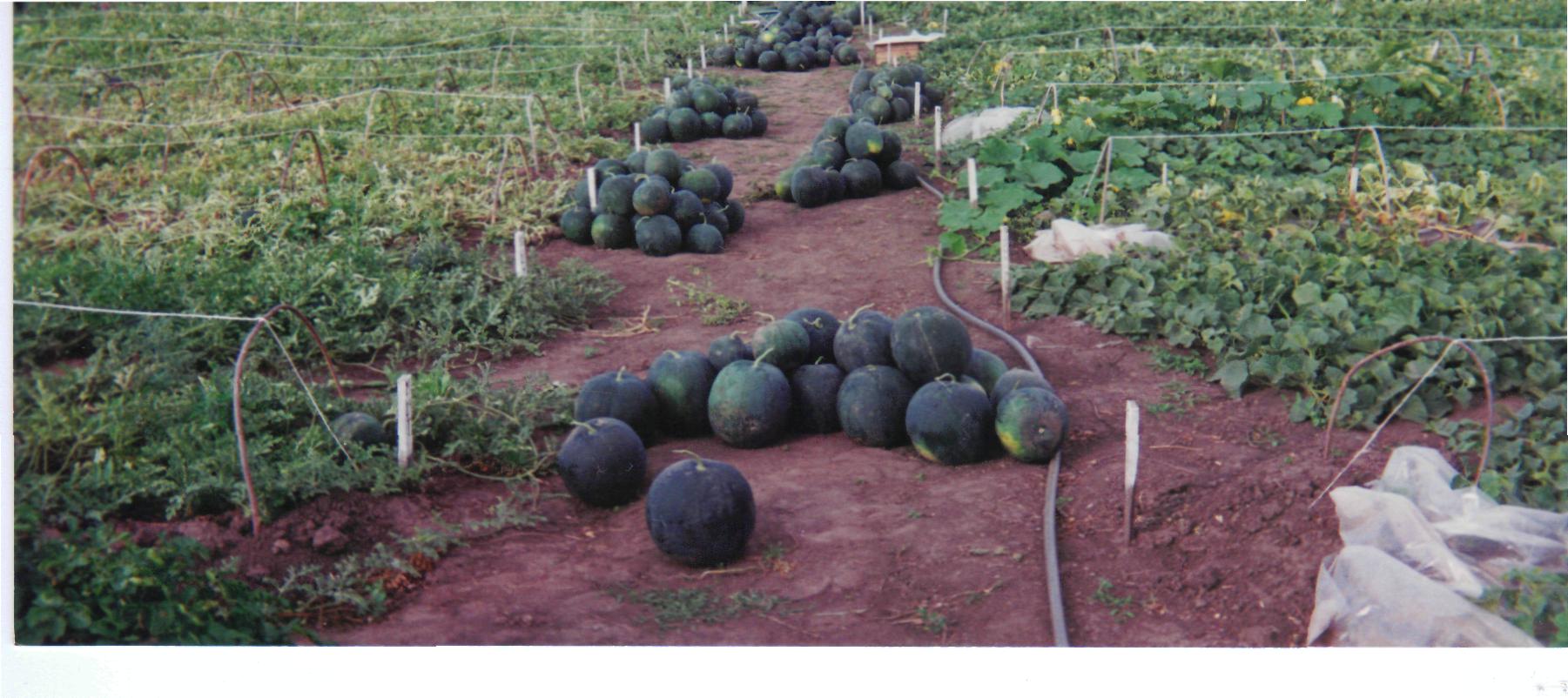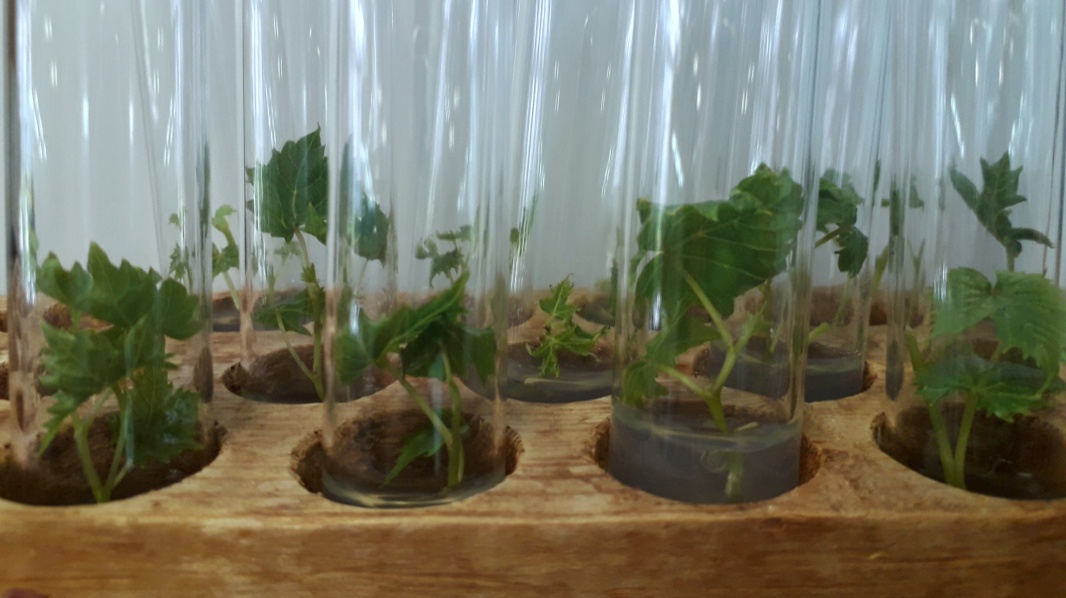«Department of Introduction and Acclimatization Plant» - structural unit of Federal State Budgetary Institution of Science «Udmurt Federal Research Center of Ural Branch of the Russian Academy of Sciences»
The Plant Introduction and Acclimatization Department (PIAD) of the Udmurt Federal Research Center of the Ural Branch of the Russian Academy of Sciences (UdmFIC Ural Branch of the Russian Academy of Sciences) was established in 1991 as the Izhevsk Plant Introduction Group of the Plant Introduction and Acclimatization Laboratory of the Forest Institute of the Ural Branch of the Russian Academy of Sciences.
The history of the formation and development of the Department of Plant Introduction and Acclimatization of the UdmFIC Ural Branch of the Russian Academy of Sciences can be divided into two periods, the first of which includes scientific support for the creation of the Udmurt Botanical Garden (1991-2009), and the second (from 2010 to the present) - Conducting fundamental and applied research as an independent scientific unit of the UdmFIC Ural Branch of the Russian Academy of Sciences.
The main scientific direction of PIAD research is the development of the scientific foundations and methods of plant introduction, the scientific justification for introducing new promising plants of various economic purposes into the culture and preserving biological diversity in the Udmurt Republic. As part of the main research area, PIAD is developing the theoretical foundations of population genetic and evolutionary biodiversity, elements of plant biotechnological reproduction in order to increase the production efficiency of high-tech planting stock and expand the range of cultivated plants in the Udmurt Republic.
PIAD is a member of the Council of Botanical Gardens of Russia as part of its regional Council of the Urals and Volga region and takes an active part in its work. In addition, the research work of the PIAD is also carried out in scientific cooperation with other scientific organizations of the region and Russia: Udmurt State University, Izhevsk State Agricultural Academy, Pyatigorsk Medical and Pharmaceutical Institute SBEI HPE Volga State Medical University of the Ministry of Health of Russia, All-Russian Institute of Horticulture and Nursery.

Currently, a scientific team has been formed in the Department with experience in research work, capable of solving applied problems and fundamental problems in the field of biology, introduction, biodiversity conservation and creating a comfortable environment. The employees of the Department obtained significant scientific results that have theoretical and practical value in the field of plant introduction, gardening, and offer new ideas and practical techniques in landscape architecture.

A wide introduction to the culture and use of new plant species and varieties studied and tested by the Department will significantly expand the range of economically useful plants grown in the Udmurt Republic. New forms of plants that are of interest for use have been identified: in ornamental horticulture and vegetable growing. Positive results were obtained on the introduction of subtropical and tropical plants in an annual culture to expand the range of cultivated food plants in order to improve the quality of life of the population and taking into account the trend of global climate change.

One of the directions of the PIAD scientific work on the introduction, conservation of biodiversity and the development of methods for producing environmentally friendly and safe products is the study of the fundamental principles and practical methods of using vaccination in horticulture and vegetable growing - in the genus Pinus for the introduction and conservation of biodiversity; in the Pumpkin family to increase productivity, produce environmentally friendly and safe products by reducing the use of pesticides through the use of stocks that are resistant to adverse factors.
New scientific directions of research, biotechnology and plant genomics, are successfully developing at the PIAD. Theoretical foundations and practical methods for the application of microclonal propagation during plant introduction are being developed. Studies are being conducted to study the polymorphism of plant DNA based on ISSR markers, which will increase the effectiveness of scientific work in biology, agricultural technology and breeding.